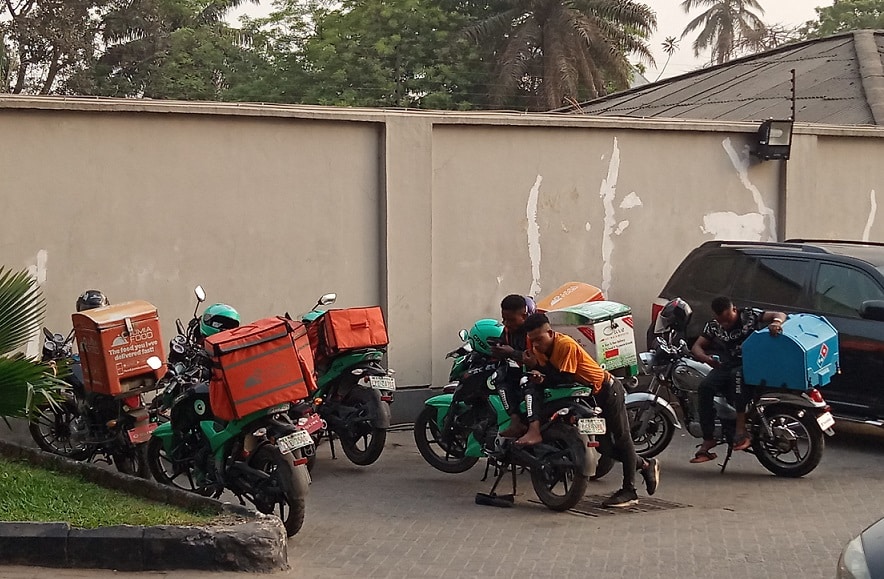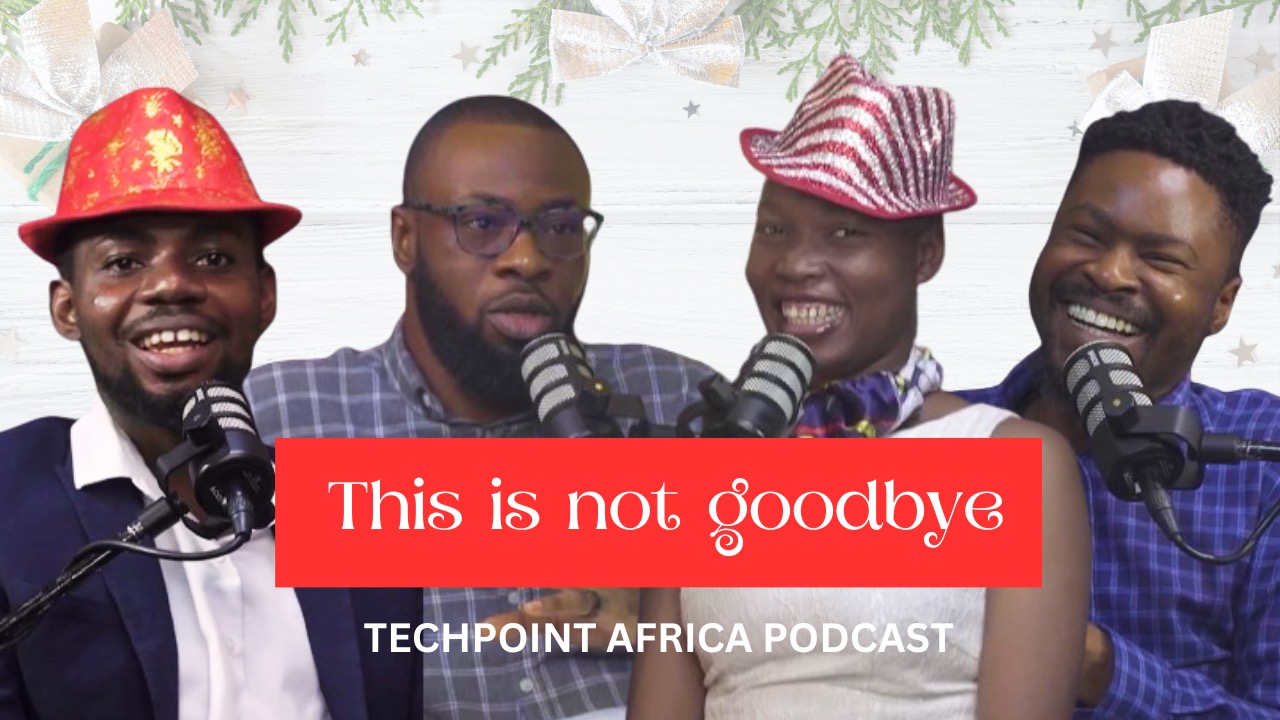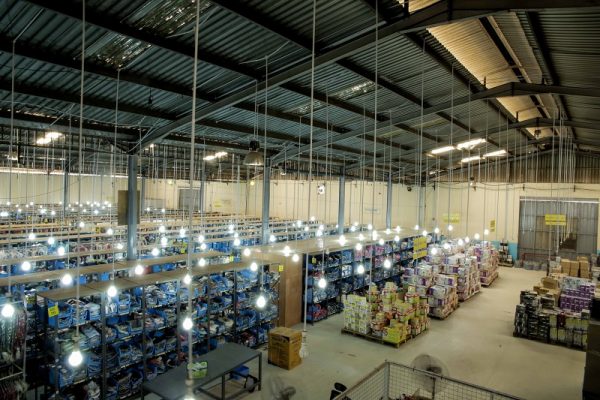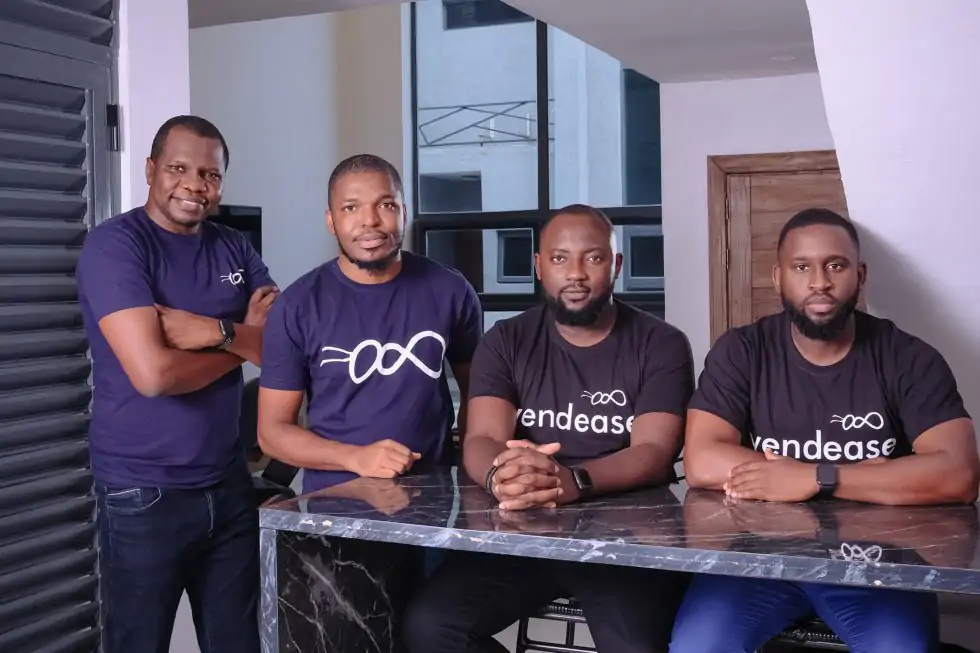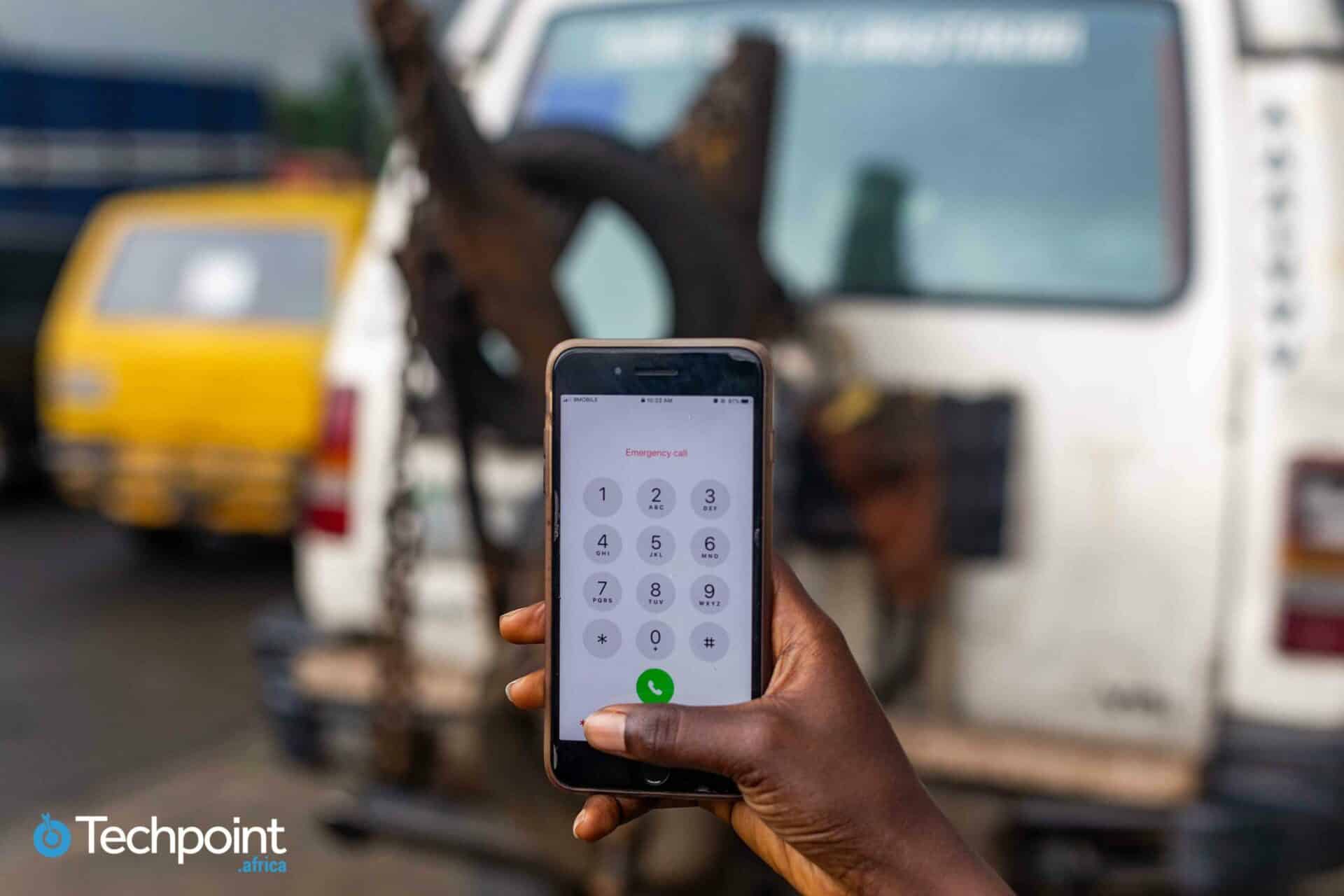The failure of eCommerce companies and how unprofitable the sector is has been discussed at length. The death of DealDey and the struggles of eCommerce giants like Konga and Jumia lend credence to these claims.
Some companies decided to move on from the sector, and others continued the struggle for profitability, thus causing a rethink in business models. Despite the odds, the resilience might be paying off as eCommerce companies are getting more attention.
In Nigeria, TradeDepot, with its unique B2B model, has raised $13 million in two years. In 2018, Ibadan-based eCommerce startup, Foodlocker, averaged a monthly revenue of $30,000 and has since reached more milestones.
Away from Nigeria, Kenyan startup, Sokowatch raised a whopping $14 million in February 2020, while Ivorian eCommerce player, Afrikrea closed $1 million.
While these scenarios do not paint much of a picture for eCommerce, they point to a renewed drive among entrepreneurs, investors, and possibly, consumers.
Age-old problems persist
Though Techpoint Africa has extensively covered the subtleties of eCommerce operations in Africa, we highlight the words of Olumide Olusanya, founder of Gloo, to give some context.
When the eCommerce platform shut down operations and pivoted in 2019, Olusanya made three significant comments about the industry: the need for eCommerce is not strong enough, the total addressable market is too small, and high service delivery frictions.
Companies like Jumia, Konga, DealDey, and Gloo started eCommerce operations when the Nigerian market was unfamiliar with online shopping; Internet penetration levels were low, and the logistics sector was not as developed as it is today.
Statista’s report shows that Nigeria, Kenya, and South Africa currently account for 50% of online shoppers in Africa seemingly points to a change in shopping culture. However, deep infrastructural and regulatory problems persist.

Be the smartest in the room
Give it a try, you can unsubscribe anytime. Privacy Policy.
For eCommerce and logistics companies, two principal problems include getting the required goods and finding the customers.
Ensuring the right deliveries
Ensuring a customer gets their order is complicated. The key to solving this problem lies in the logistics and courier services space, but several issues make their services difficult.
For one, Nigeria’s street naming and house numbering system still leave a lot to be desired. Even in major cities like Lagos and Abuja, it is always challenging to find some streets, and when they’re found, sometimes houses are not numbered.
Surrayah Ahmad, CEO of Abuja-based YDS, explains that deliveries are typically done with the aid of WhatsApp, text messages, and phone calls.
“We make sure the buyer can receive calls. When we get to a particular landmark, we call, and they come out to meet our riders,” she explains.
For this, Surrayah makes sure their phones are recharged with adequate airtime for all the communication needed.
In the commercial hub of Lagos, Saudat Salami, CEO of Easyshop Easycook, has a similar story. Receive order, reach a landmark, and call so the person can either give proper directions or come out to meet them.
“We try to use Google Maps, but the Internet is not reliable all the time, so we always make sure our drivers have enough airtime,” she adds.
Nigeria’s weak addressing system has an impact on eCommerce and several other services, such as healthcare and other essential deliveries, across different sectors.
This has been the purview of the Nigerian Postal Service (NIPOST). The government agency also serves as the regulator for the logistics and courier space in Nigeria.
In 2017, the agency partnered with What3words to ensure the efficiency of service delivery and tackle the addressing system problem in Nigeria.
What3words is an initiative that gives a unique combination of three words to every 3 metre square of the world. The partnership made Nigeria the seventh nation in the world and third in Africa to embrace this initiative.
At the time, NIPOST stated that only 5% of mail was addressed correctly with the right postcode. Through the Mail for Every House Initiative (MEHI) and the What3words initiative, it hoped to increase this number to 90% by 2020.
With over 5,000 offices nationwide, NIPOST was meant to revolutionise the eCommerce and logistics space. And though Konga partnered with NIPOST in 2015, it went on to launch its delivery arm a year later.
It is the year 2020, and Nigeria's addressing system is not much better, and the logistics sector is fraught with a number of challenges.
Enter WhatsApp and Plus Codes
Apparently, for most logistics operators, the country's addressing system is a minor issue.
Early in 2020, Google launched Plus Codes, a geolocation system that uses longitude and latitude to find any location in the world. Interestingly, the codes also work offline.
While this seems like an exciting innovation, most eCommerce startups already have ways to handle Nigeria's addressing problems.
Olukayode Kolawole, Head of Jumia PR, explains that Jumia does not experience those problems so much as it outsources most of its deliveries to partner companies. The companies, according to him, have been building their databases and understand the Nigerian terrain a lot.
Adetayo Bamiduro, CEO of on-demand mobility and logistics platform, MAX, reveals that the company has been generating its database of routes and addresses internally.
"We make use of Google's API and automate the process for our users," he explains.
According to Bamiduro, whenever it is hard to locate an address, they resort to contacting the recipient before making deliveries.
However, Ahmad of YDS insists that the company's customers share their locations using WhatsApp. For her, WhatsApp locations are pretty accurate, and whenever they get stuck, phone calls do the job.
Femi Aiki, Co-founder and CEO of Foodlocker, maintains that Google's Plus Codes will help identify unnamed streets and unnumbered houses, and it will be more useful if integrated into an ordering process.
"But the reality is that with landmarks, valid phone numbers, and adequate planning of deliveries, things work just fine. It is also important to leverage third-party logistics players who know the local roads very well," he says.
"On an 80/20 basis, the addressing system is a minor issue for us."
The big issues in logistics
Speaking about the effectiveness of Nigeria's addressing system, Courage, a small-scale fashion designer in Lagos, says, "Things that work smoothly in other countries don't always work smoothly in Nigeria."
Aiki reflects that besides addressing, terrible roads and road designs are some of the biggest issues.
Other players give some context.
Ahmad argues that while it is useful to have a more accurate addressing system, it doesn't do much for irregular routes and sudden road closures.
"Even with WhatsApp locations, you can get to a particular route and discover that it's been closed or there's no road there at all," says Ahmad.
Although routes are slightly better in Lagos, Salami and Bamiduro affirm that similar instances occur probably because of the traffic congestion characteristic of the commercial hub.
"When using Maps, it can direct you to go through an estate, and you'll meet the gates closed, or you could get caught on a one-way street," Salami explains.
This is why logistics companies and drivers that understand the routes are essential.
It is noteworthy that Lagos remains the most mapped city, and as Bamiduro points out, it is much worse outside Lagos where it is better to go offline.
Regulations
The issues with regulators and law enforcement agencies in Nigeria are well known.
Recall that NIPOST released new regulations that contained updated licence fees for logistics companies. Though the charges were suspended, other provisions in the regulations were worrisome.
Aiki reveals that those who have their fleet would have to reckon with the likes of NIPOST, Lagos State Traffic Management Authority (LASTMA), Federal Road Safety Corps (FRSC), Vehicle Inspection Office (VIO), local government officials, and several others.
Payments
Another issue for eCommerce is payments.
According to Salami, there is still not much trust for online payment, and due to previous bad experiences, several people prefer to pay cash upon delivery.
Aiki insists that players in the Nigerian financial services sector have to do a lot to boost confidence in their solutions and make them affordable.
"Pay with Card or Internet banking remain exclusive as the cost of operating them could be prohibitive while cybersecurity risks remain high," he says.
Aiki recommends startups collaboration to ensure the provision of good and reliable services as well as regulations that will improve, rather than stifle, the sector.

